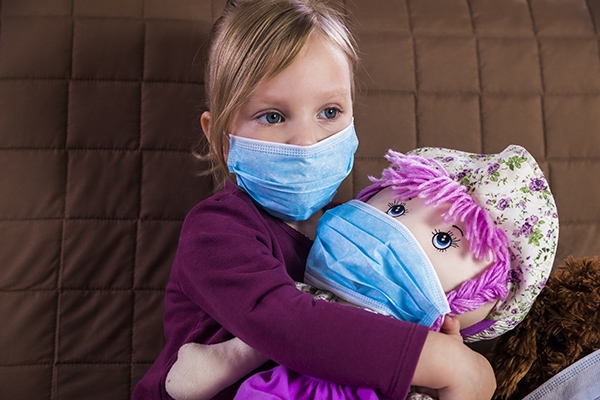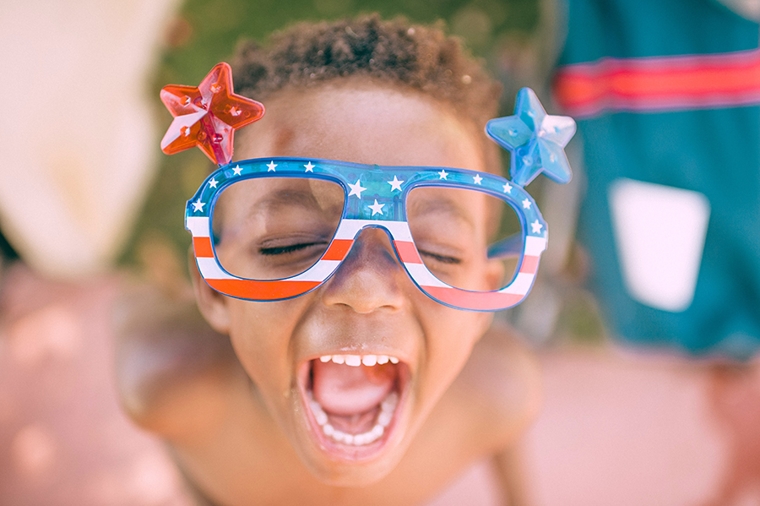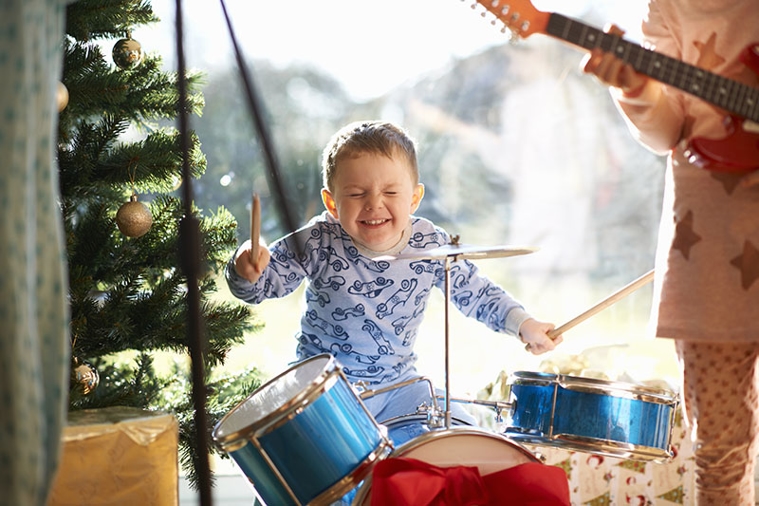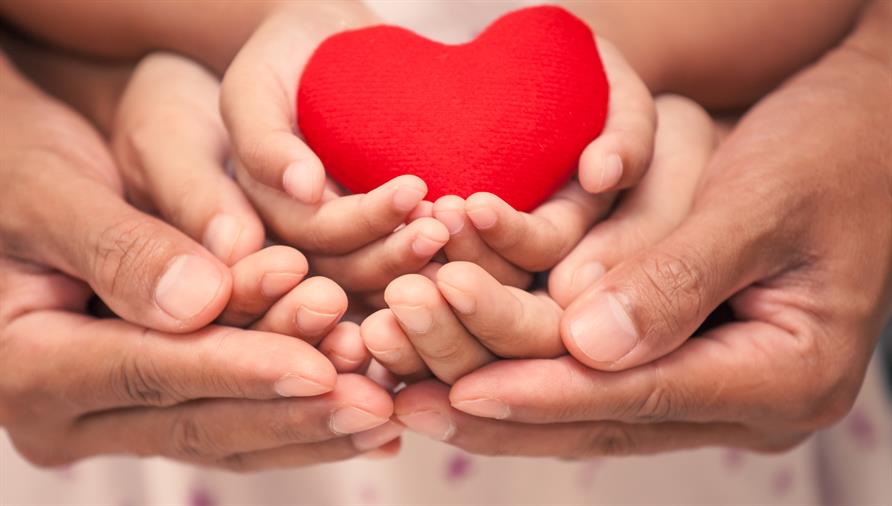Parents: Here's how to calm kids’ coronavirus concerns
Jun 9, 2020

With coronavirus (COVID-19) spreading in the U.S., your children may be hearing a lot about the outbreak from TV, the internet or other kids. And some of what they hear may frighten them.
That's understandable — recent headlines may have you anxious too. But you can help calm any concerns your children have by talking with them about COVID-19.
Here are some tips, courtesy of the National Association of School Nurses and other medical experts, for chatting with children:
Let them know they can ask about COVID-19
But don't force conversations. "Our children take their cues from us as parents,” says Debra Johnson, a family nurse practitioner at Adventist Health’s Gresham Station primary care clinic. “It’s important to convey the right amount of concern but also to let them know it’s our job to do the worrying. It’s their job to be the kid. Be careful what you are saying on the phone or what you are listening to on TV. They don’t look like they are paying attention, but they are."
Be honest, calm and reassuring
We're all concerned about the potential risks of COVID-19, and it's fine to acknowledge that. But if you panic, your kids will too. Reassure them that many adults are working hard to keep them safe. Younger kids, especially, may need to hear that from you.
Fight fear with facts
For instance, you can share with your kids, in age-appropriate terms they can understand, that:
·Not everyone will get sick, and some will only have a mild illness.
·COVID-19 seems to spread like cold and flu germs — through close contact with someone who has the infection, such as when that person coughs or sneezes. It also may spread when people touch surfaces contaminated with COVID-19.
Tell them how to stay healthy
We don't have a COVID-19 vaccine yet (scientists are working on that). In the meantime, knowing how they can help prevent COVID-19 may help your kids feel less anxious. Here are some of the best ways to do that:
- Wash your hands often. Scrub with soap and water for 20 seconds.
- Cover your mouth when you cough or sneeze. Use a tissue, throw it away and wash your hands. In a pinch, cough or sneeze into your elbow.
- Don't share food or drinks.
- Try hard not to touch your eyes, nose or mouth. These are places where germs can enter the body.
- Wear a cloth face mask in public (for kids 2 and older only).
Be prepared to right any rumors, prejudice and blame
As COVID-19 has spread around the globe, so have myths and misplaced blame. Listen to your child's concerns about COVID-19 and correct any confusion. You can find accurate and current info at the Centers for Disease Control and Prevention's coronavirus disease website.
Sadly, some people may say wrong and hurtful things, like blaming groups of people or their products for the virus. If other people say such things, talk to your children about why those things are wrong to say. Remind your kids not to spread rumors.
Just be there for them
It's always important to give your children lots of love and attention, but they may need a little more of it now.
Related articles

Eight Kid-Friendly Fourth of July Activities That Are Safer Than Sparklers
April 15, 2024

December is Safe Toys and Gifts Month
November 15, 2022

Helping your child with springtime allergies
March 8, 2022

What the End of the COVID-19 Public Health Emergency Means for Your Healthcare
May 23, 2023

How COVID-19 survivors can give back during National Blood Donor Month
December 31, 2021

Is it COVID or the flu? What to do if you get sick this winter
December 10, 2021